Global Hotel Investment Trends to Watch
A new report from JLL notes that while a certain amount of optimism remains, several factors will likely prevent 2020 from being as strong for hotel investment as last year.
Though global hospitality industry investment was strong this past year, the forecast for 2020 is marked by more than usual uncertainty, according to JLL’s Hotel Investment Outlook 2020, which labels the overall sense of the industry “optimistically cautious.”
READ ALSO: IRR’s 2020 Outlook: Decidedly Mixed
Buoyed by “a resilient global economy, strong employment markets and demand from domestic and international travelers,” hotel transaction volume worldwide in 2019 reached $66 billion. This year, however, the age of the current market cycle, global trade tensions and the situation around Brexit are making investors more cautious.
Additional concerns include the expectation that global GDP growth will remain at about 2.5 percent and worries that the risk of epidemics (such as the 2019 novel coronavirus) will decrease travel volumes. The report’s survey of the world’s regions highlights some of their differences.
Americas
Hotel transaction volume in the Americas fell 21 percent in 2019, to $28.6 billion. Single-asset sales are expected to dominate as investment activity decreases again, to an estimated $27 billion. The backdrop to this, JLL predicts, will be a stagnation of hotel performance in 2020, as supply grows about 2 percent.
Asia Pacific
Asia Pacific turned in a stellar 2019, with hotel transaction volume jumping by 44 percent over the previous year, to exceed $12 billion for just the second time ever. The 2020 Tokyo Olympics and the 2025 World Expo in Osaka are expected to strengthen Japan’s hospitality sector.
EMEA
Hotel transaction volume fell 3.5 percent to $24.7 billion across EMEA in 2019, though Germany was a bright spot. In this region, too, JLL predicts a slower 2020, with about $20.5 billion in activity. One of the issues here is expected to be liquidity compression. Key lodging markets in Europe are expected to continue their solid RevPAR growth.
A couple of trends to watch
One of the big trends called out by JLL is the rise of affordable lifestyle brands. Investors appreciate that smaller guestrooms allow such properties to be built in dense urban areas, along with the sector’s appeal to both leisure and business travelers and the emphasis on open lobbies, which tend to boost a property’s F&B income.
Another trend for 2020 is the emergence of first-time hotel buyers, whether veteran CRE investors looking for diversification or entities whose core businesses are outside real estate. One example JLL cites is hedge fund Elliott Management’s purchase (with a partner) last fall of the JW Marriott Desert Ridge Resort & Spa, in Phoenix, for $605 million.



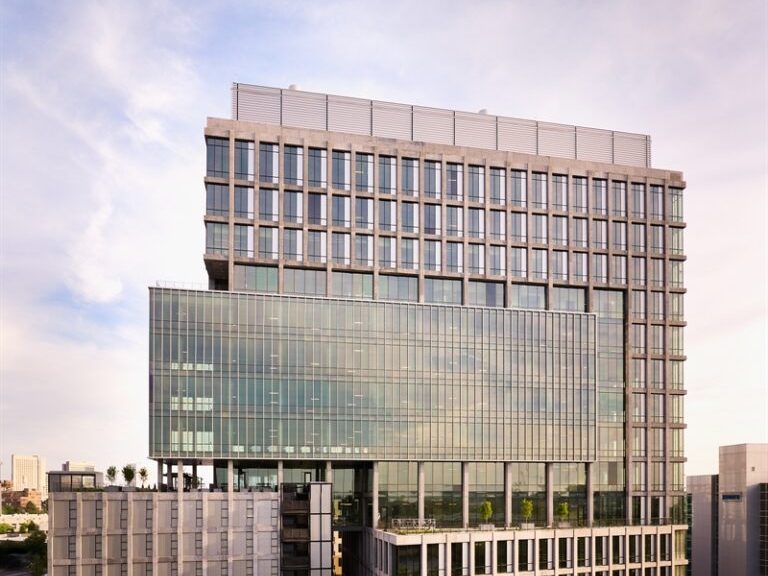
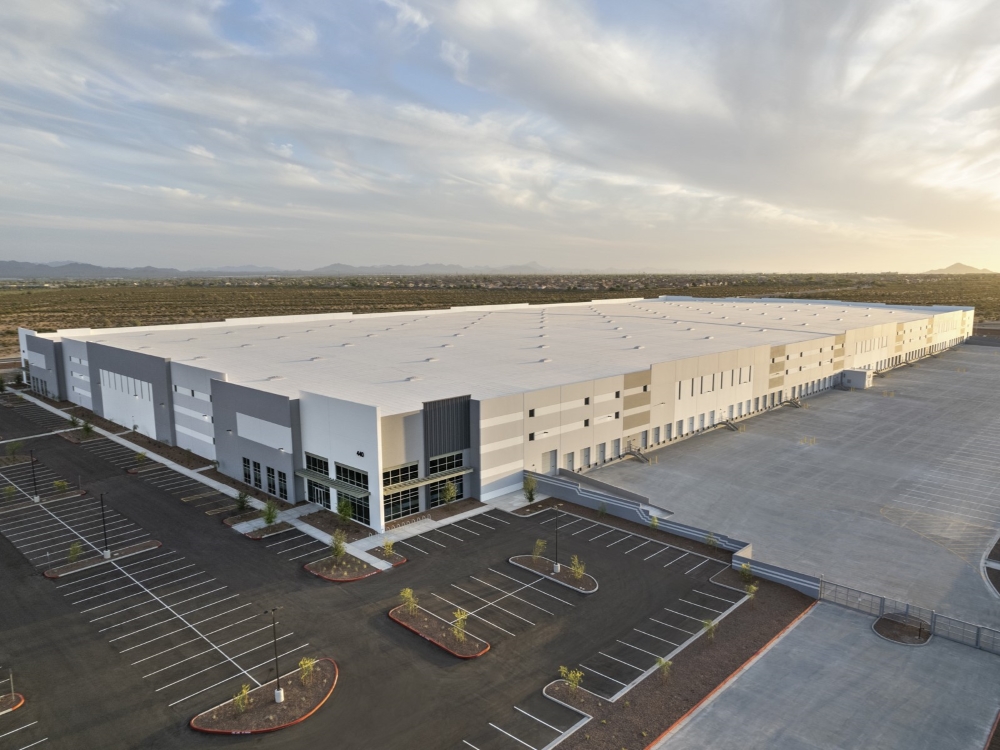
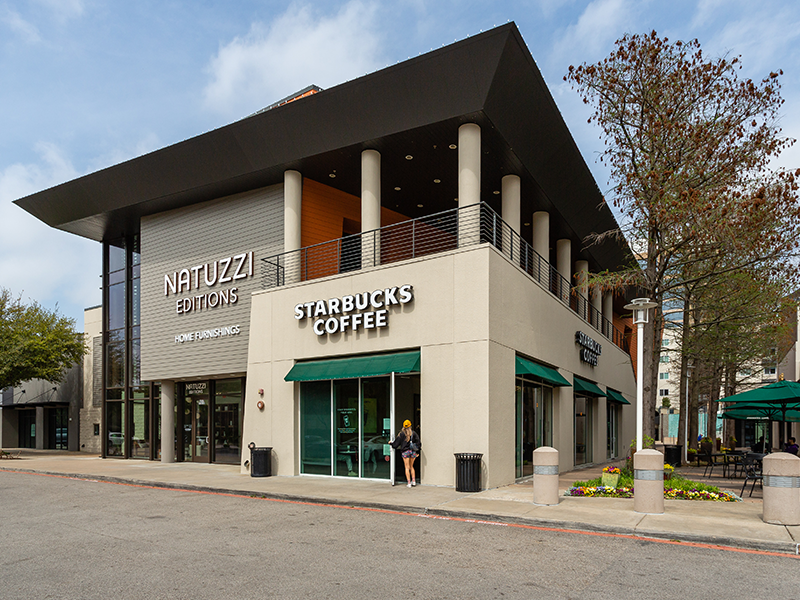
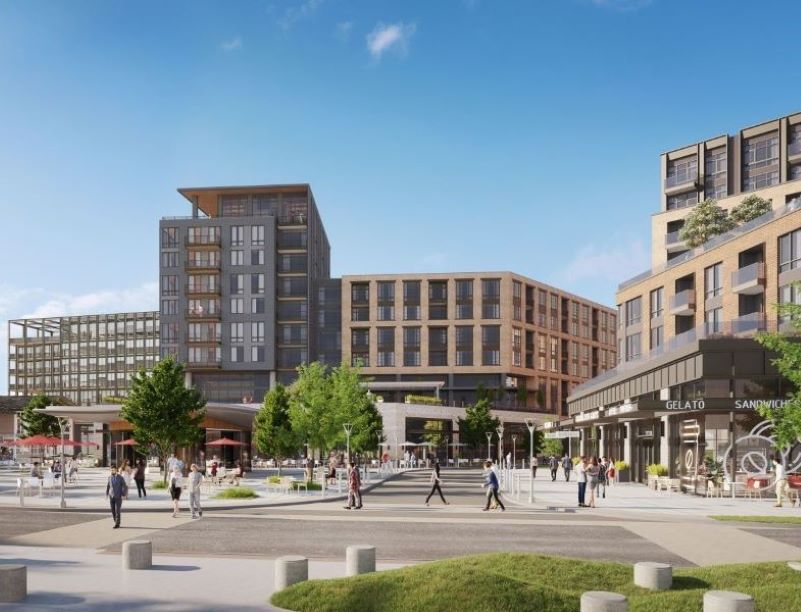
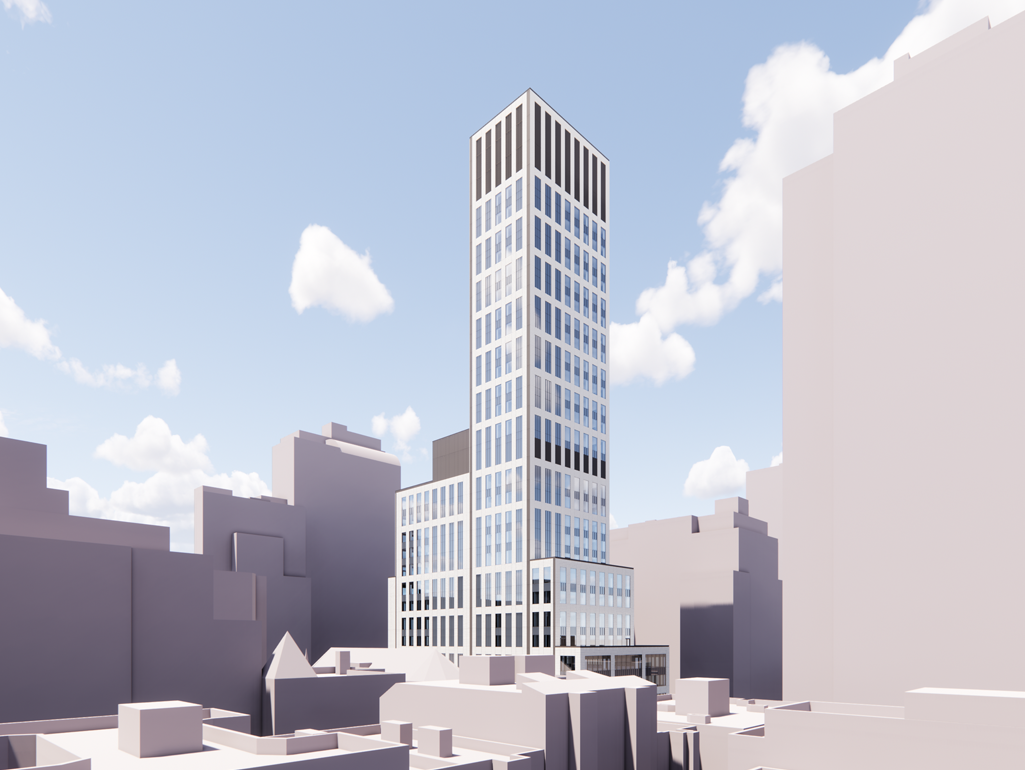
You must be logged in to post a comment.